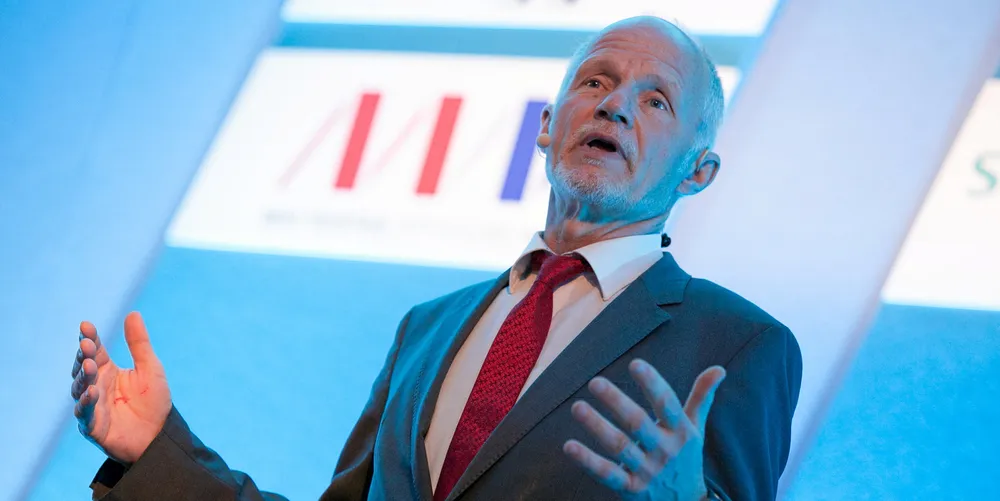Turbo-speed renewables expansion could make Germany climate neutral in 2045: report
Renewables additions of 30GW per year needed to reach climate neutrality five years earlier than targeted, three German think-tanks calculate

Renewables additions of 30GW per year needed to reach climate neutrality five years earlier than targeted, three German think-tanks calculate
